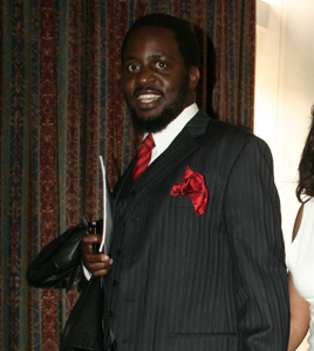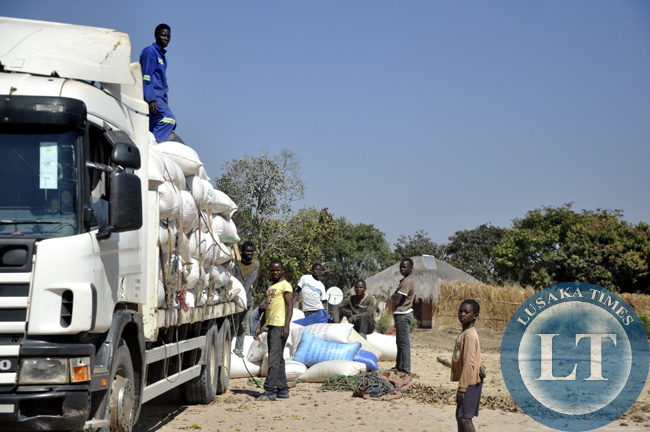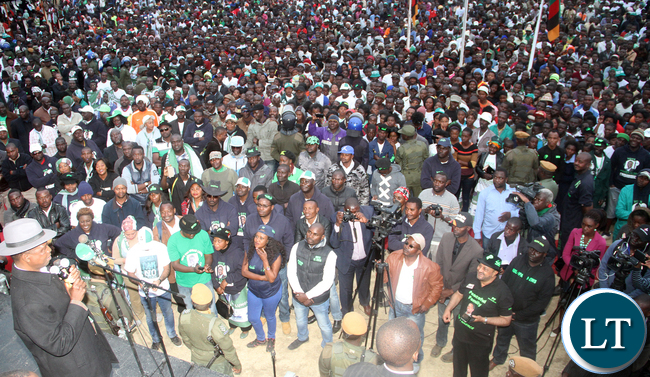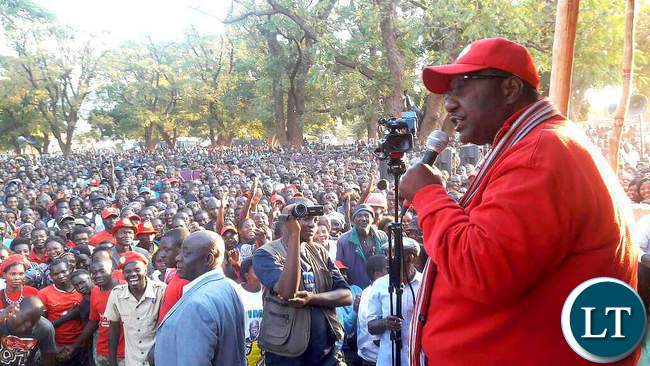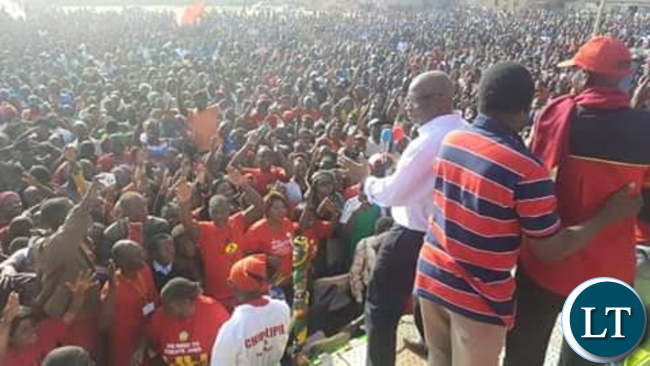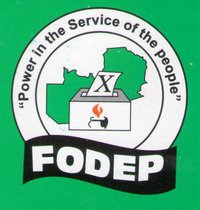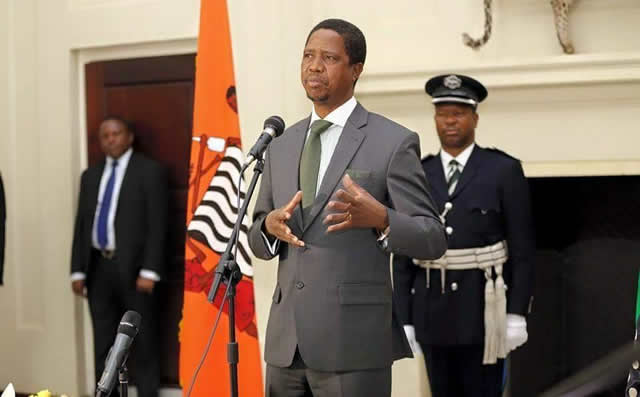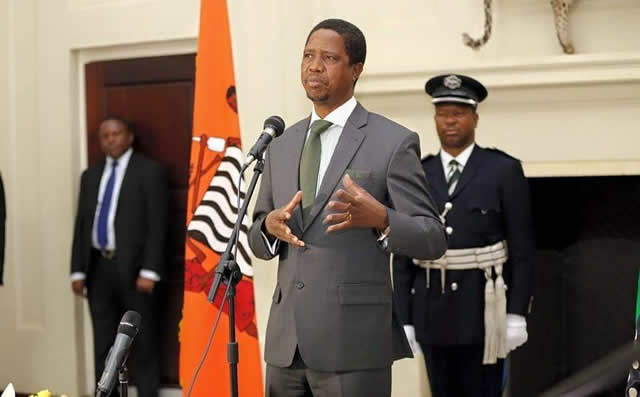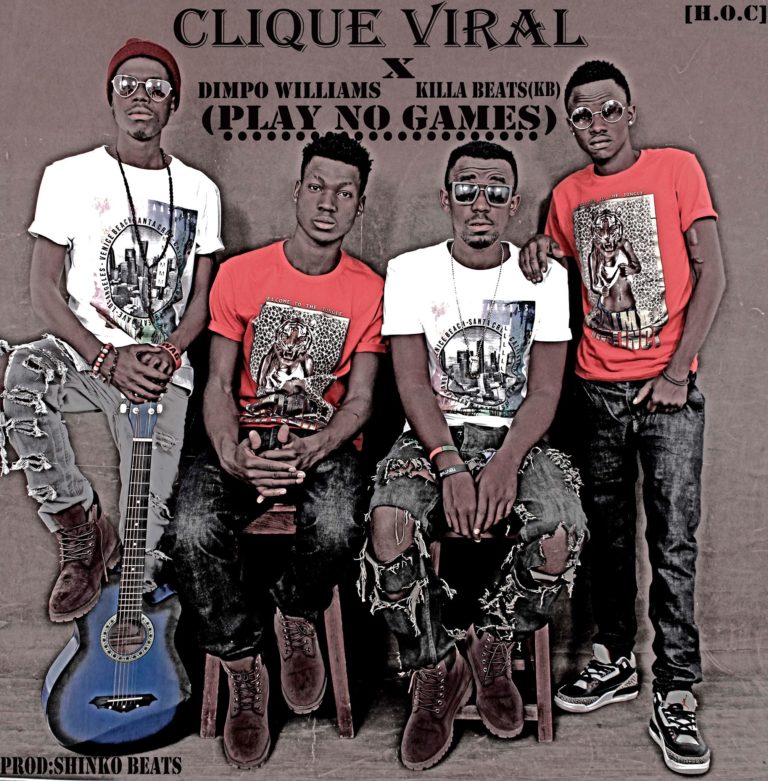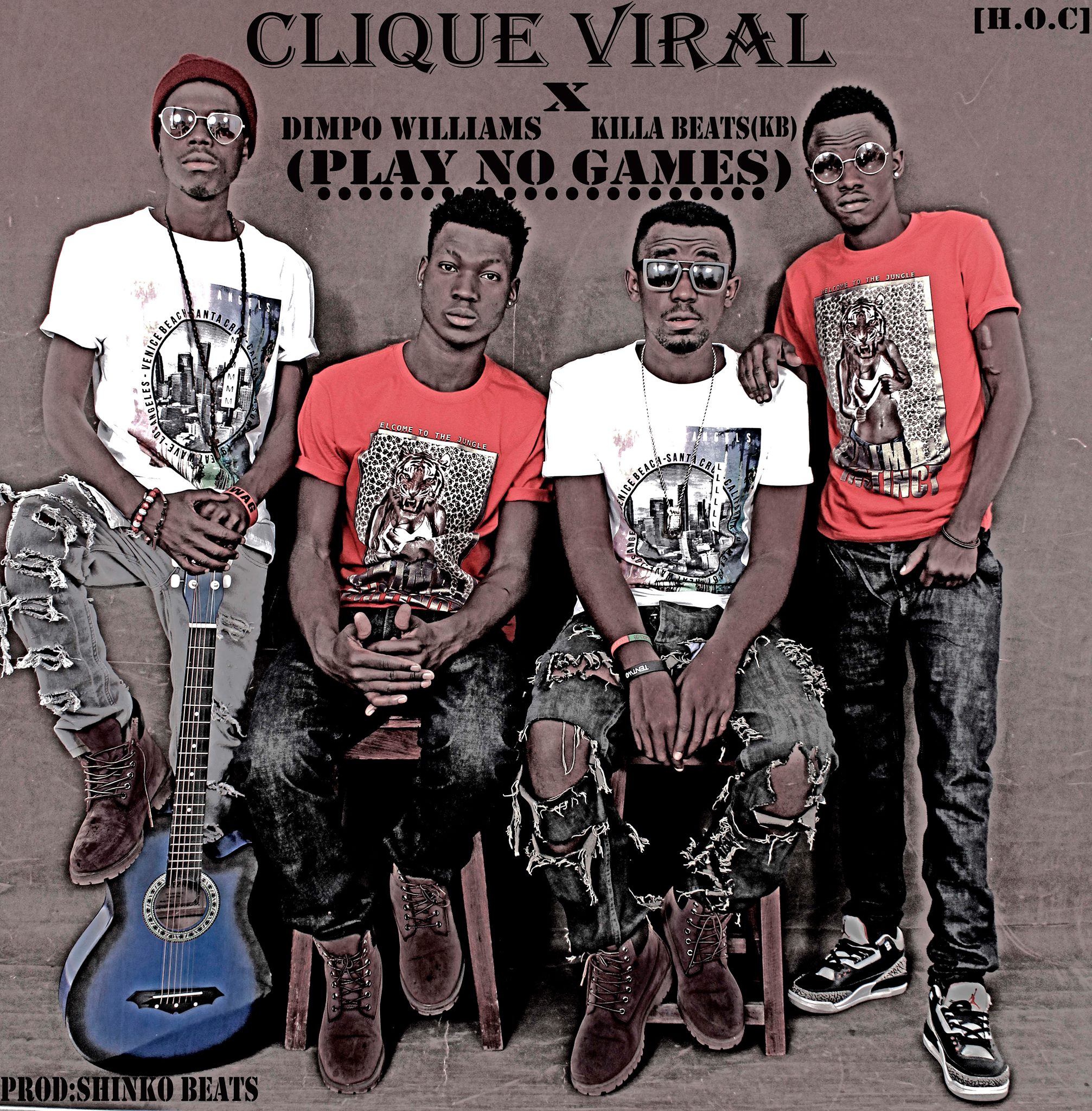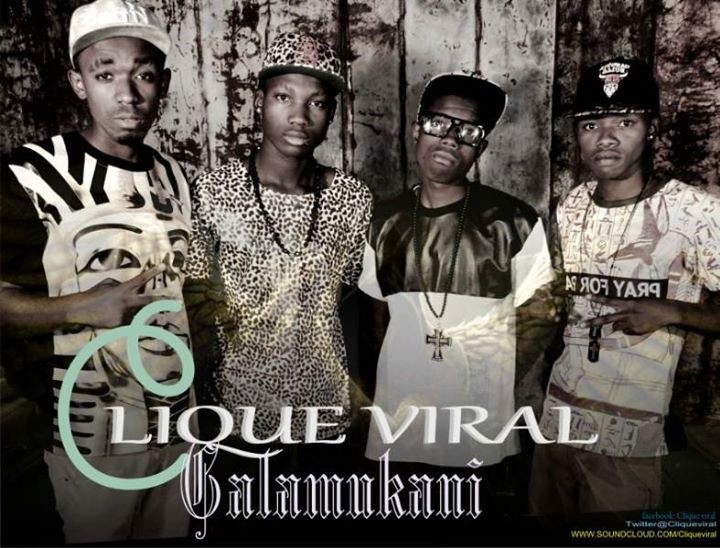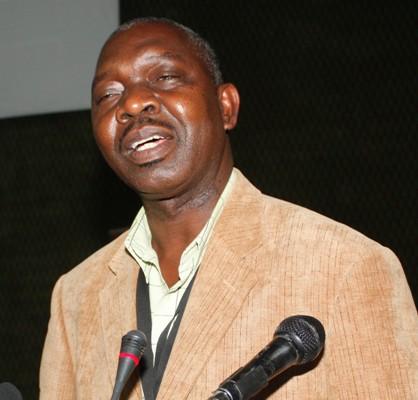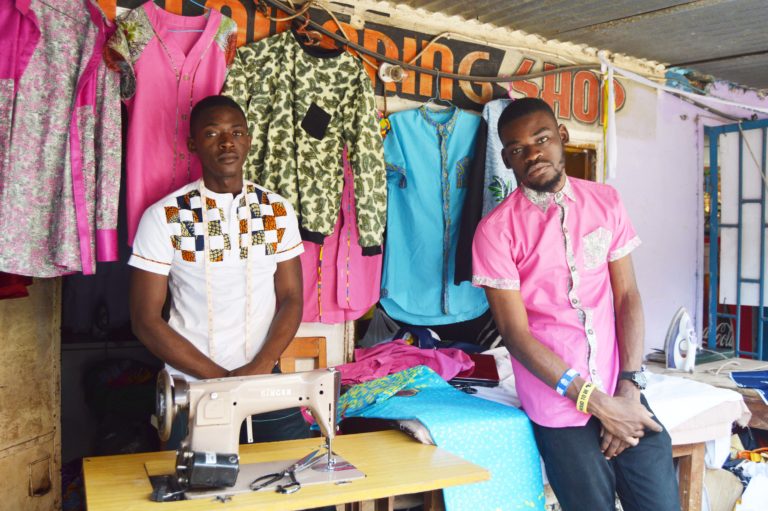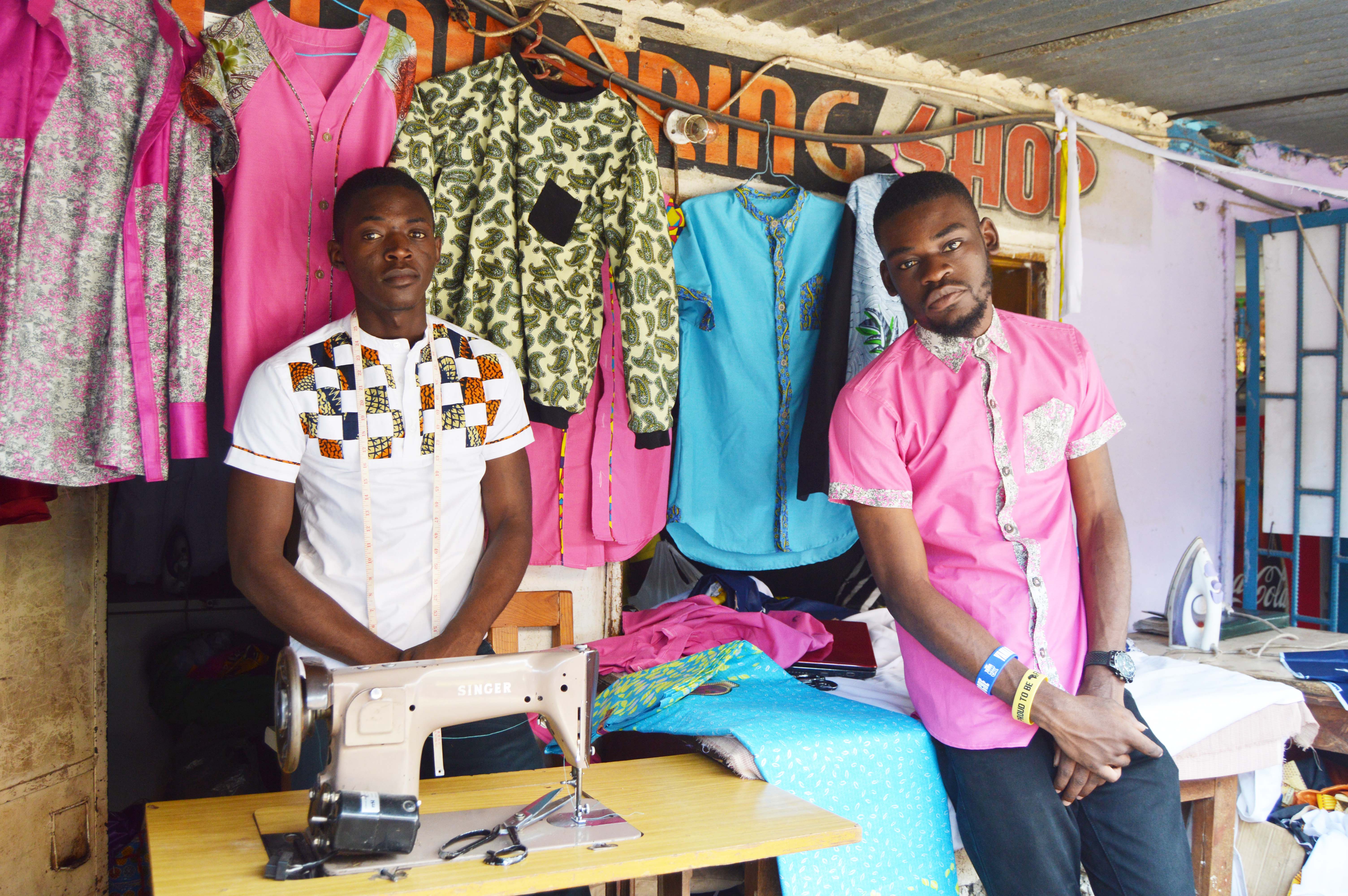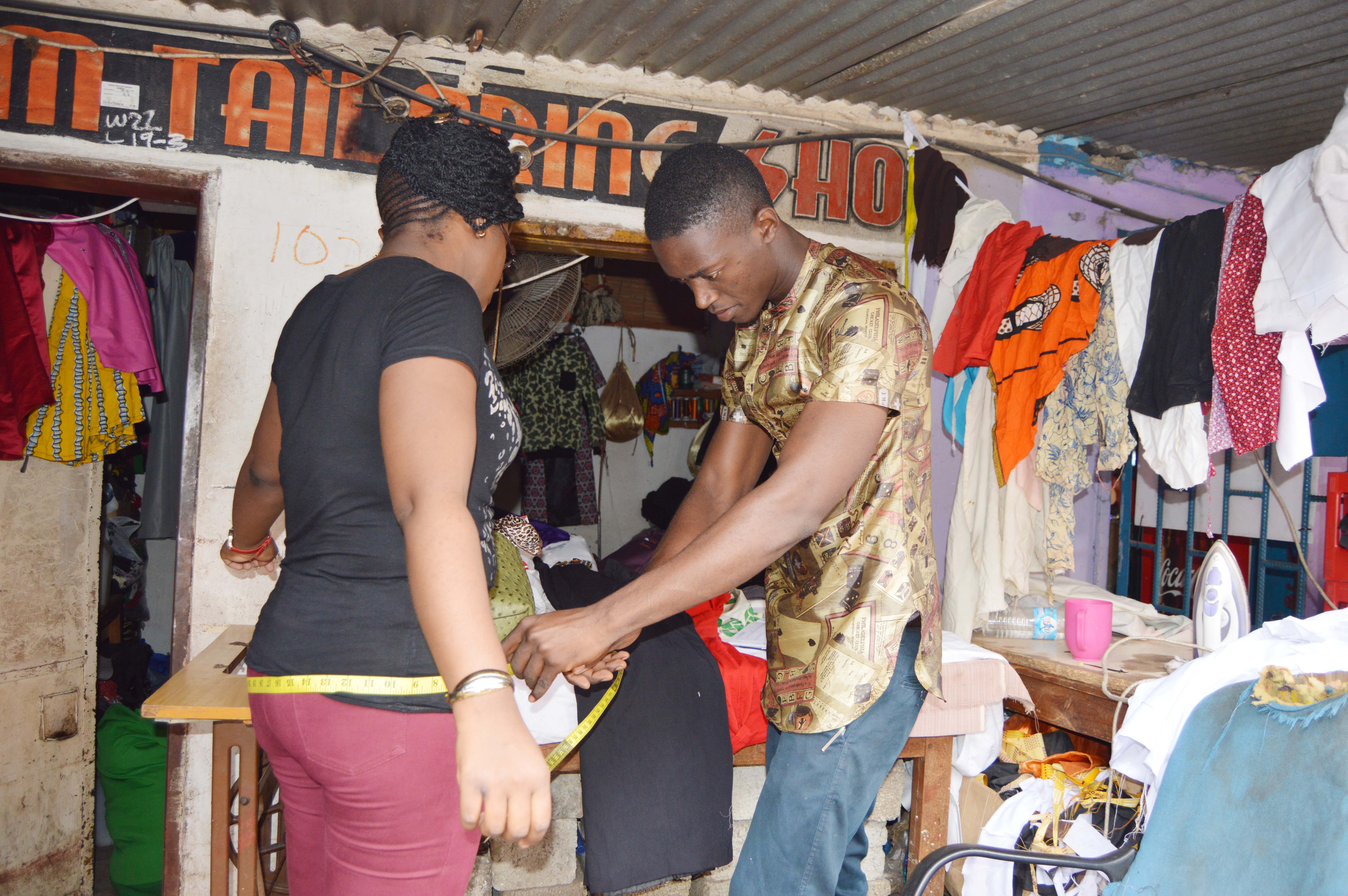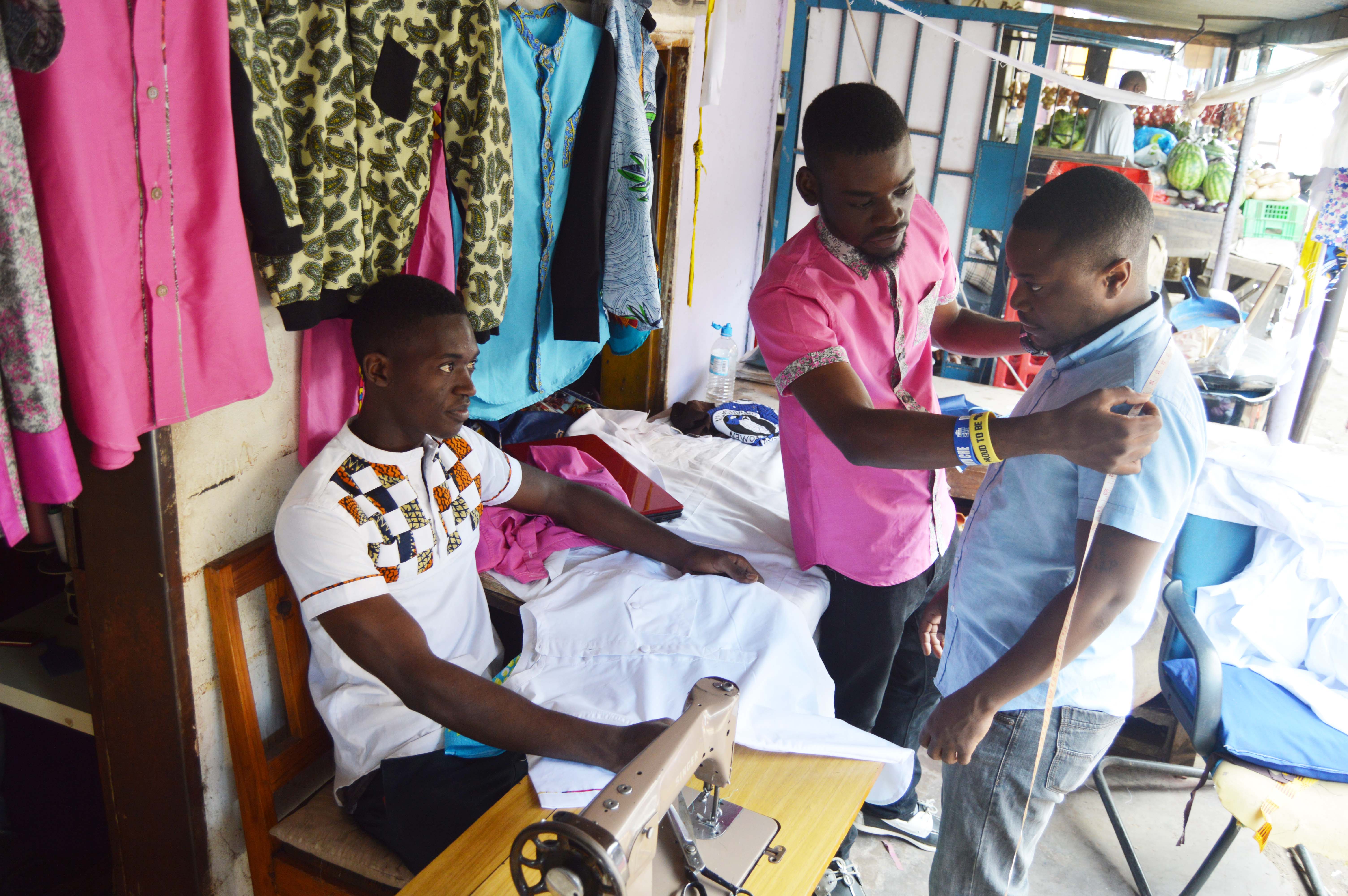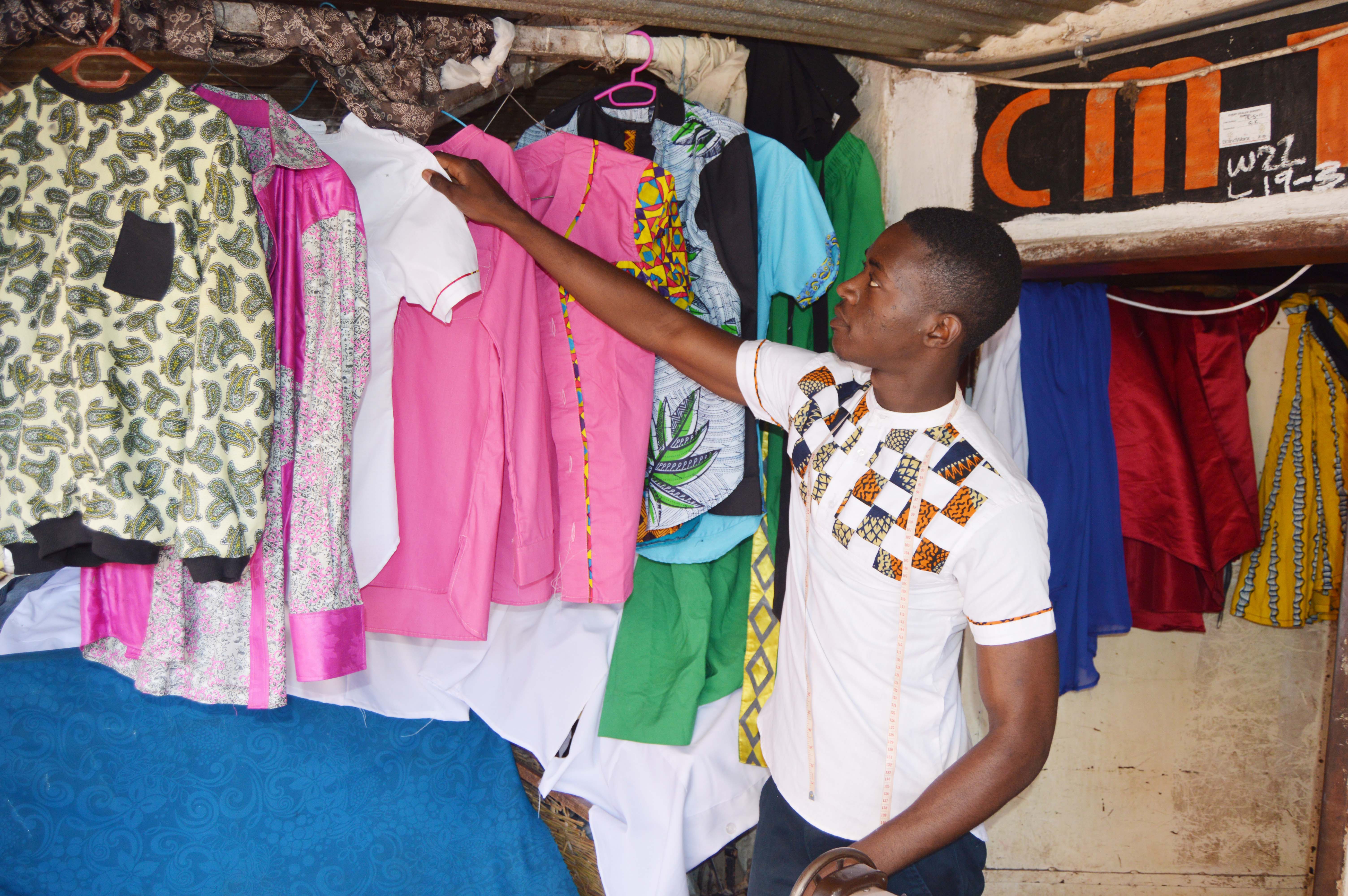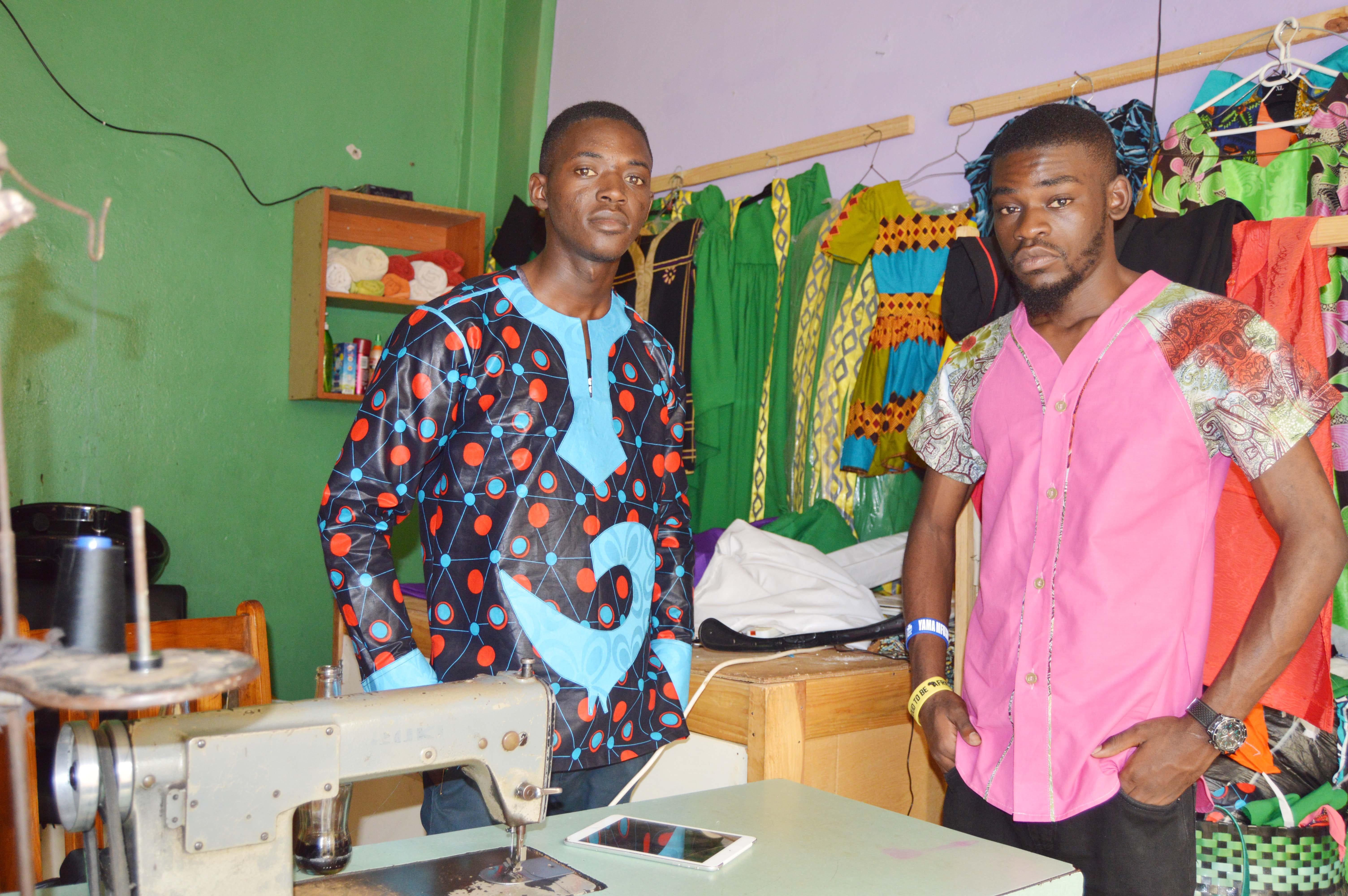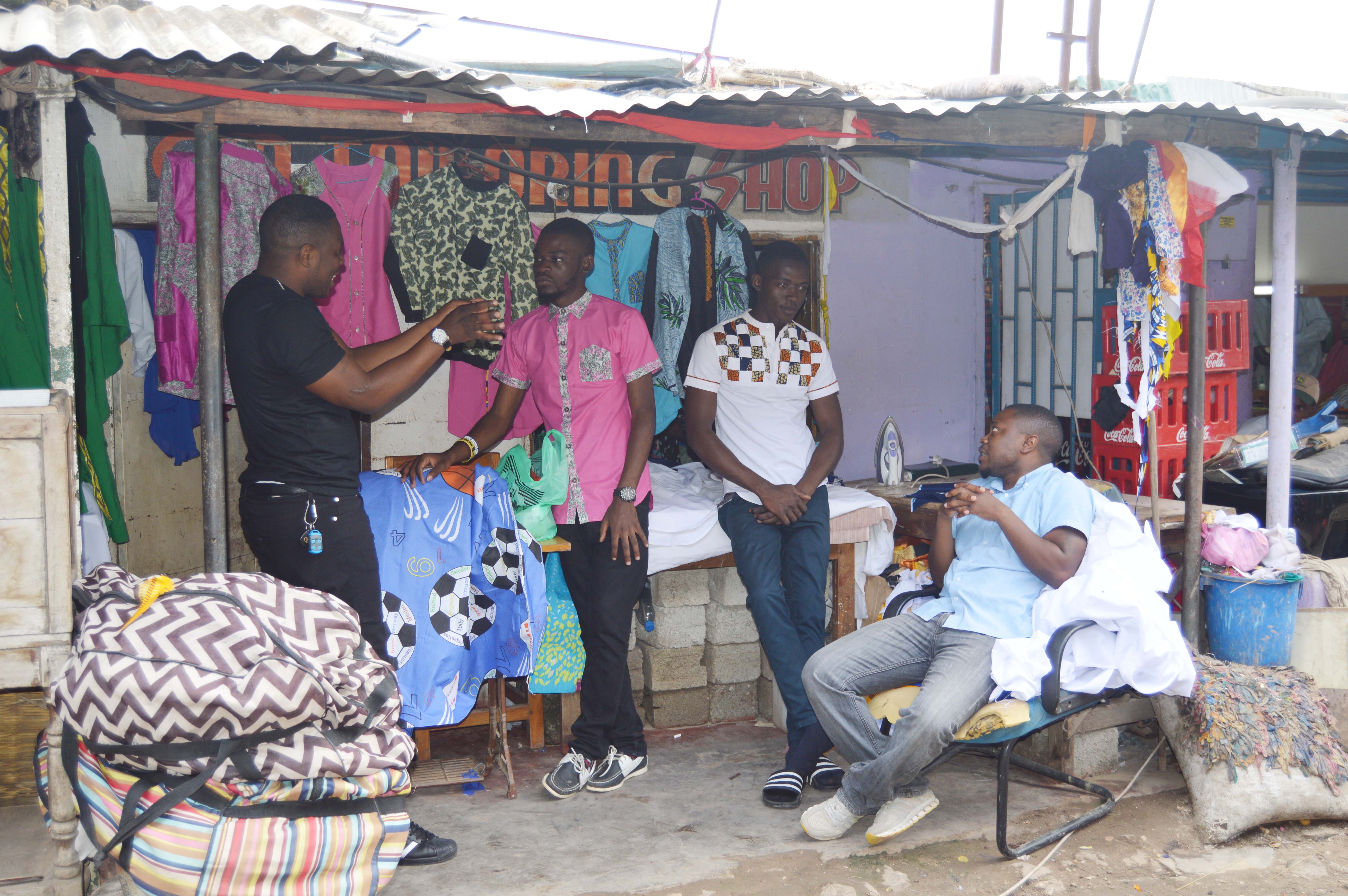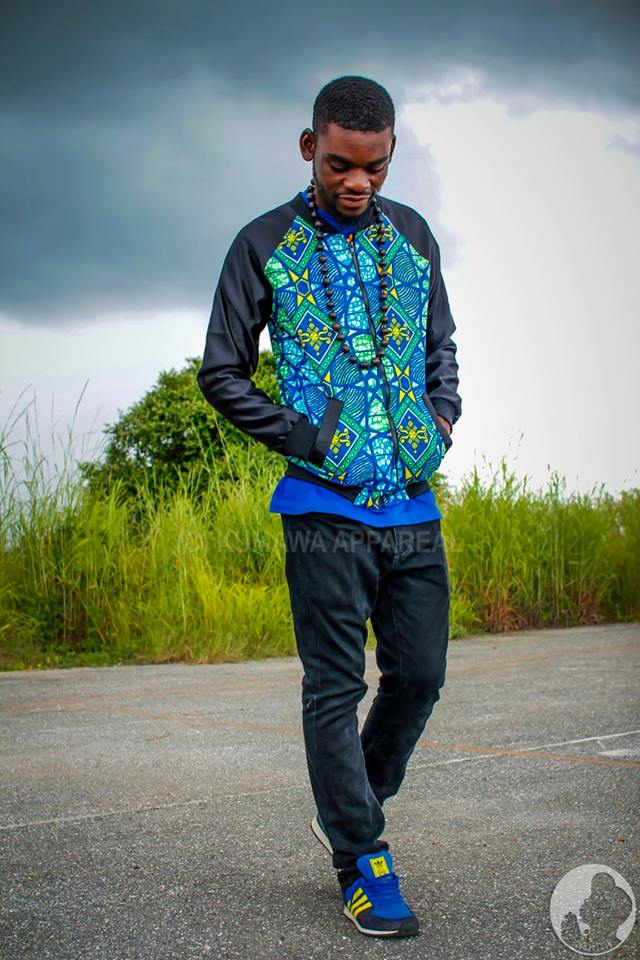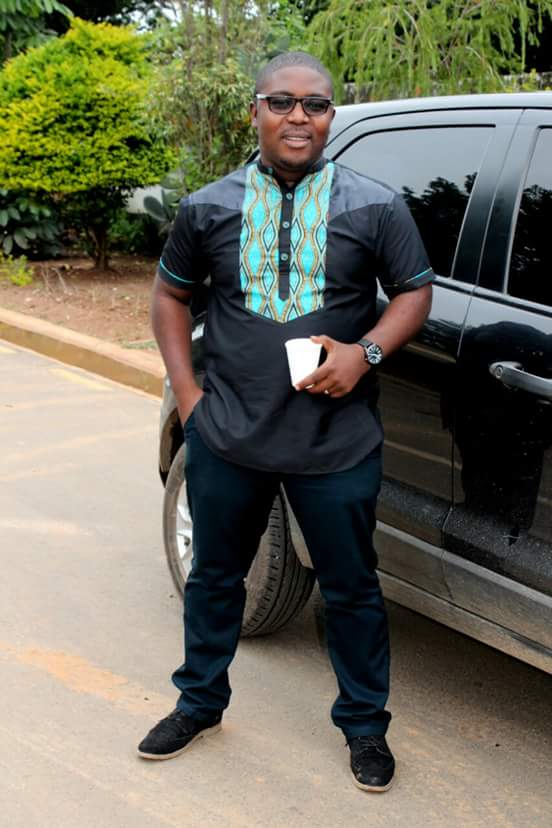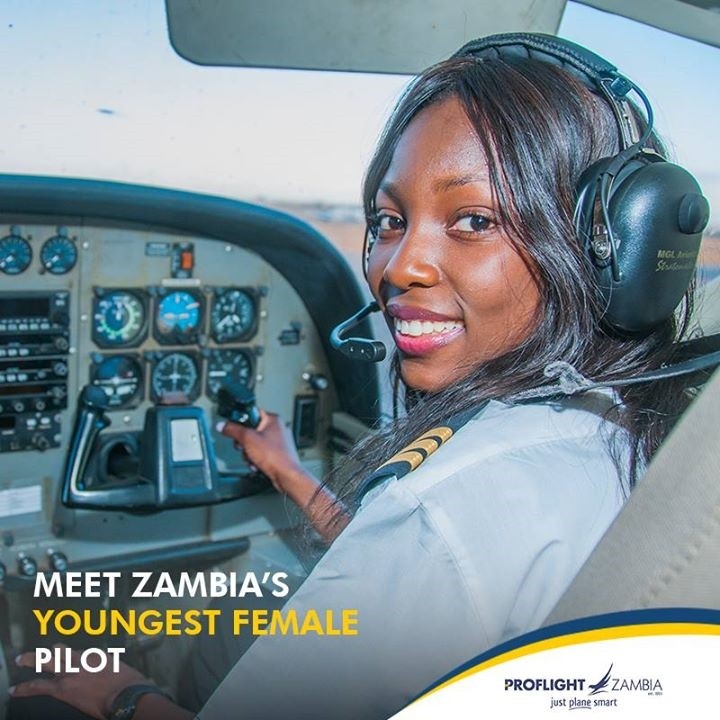
by Mwinelubemba Chitimukulu Kanyanta-Manga II
Preamble.
In this article, I am trying to throw some light on an article by Mubanga Lumpa, a Unza political science student, who wrote: ’’Are African intellectuals lazy? Recently, BBC Africa, on their Facebook post, reported that according to a new research by the UK’s University of Loughborough, universities in Zambia, Malawi and Botswana put too much emphasis on learning by heart. The BBC further revealed that ‘African students need to be taught to think more critically and creatively, or there could be trouble for future generations’.’’ (Zambia Daily Mail of 16th June 2016).
In the same way, Education minister, Honourable John Phiri said that the Zambian university system has failed the nation and said that it was clear that the Zambian university curriculum needed to be reviewed so that it supported sustainable development, ‘’
We need to review the curriculum at all levels so that learners are better prepared for the challenges Zambia faces. There is need to align universities so that they meet the demands or needs of our people and that they stay with the people if sustainable development is to be realized……our universities only answer the demands of the capitalist world rather than the people who are looking for solutions for poverty, hunger, underdevelopment etc., our universities have failed the people.
’’ (The Post 20th February 2012).
Colonialism Depicts the Law of Cunning.
It is said that the world is three days i.e., yesterday, to-day and tomorrow. If you do not know yesterday, you won’t know what day to-day is and certainly tomorrow will take you by surprise. Some people have argued that we should not blame colonialism for the present state of Africa because it is more than fifty years since we attained our independence. And those are the victims of the strategy of colonialism because at each turn of history, colonialism is bound to spawn resistance; it is destined to bring to confuse the forces that will guarantee its death.
One cannot just know about colonialism or imperialism until one takes time to study the complications and strategies of colonialism, which is the brain-child of the capitalist-exploiter. The word ‘’imperialism’’ stands for ‘’domination.’’ Irvin Babitt in his book Democracy and Leadership wrote: “….
the man who stands for nothing higher than the law of cunning and the law of force, and so is, in the sense I have sought to define imperialistic.
”
Dr. Kaunda in A Humanist in Africa wrote: ‘’
In fact colonialism, for all its benefits, devalued Man. It created elite societies in which men’s worth was determined by an irrelevant biological design – skin pigmentation. And even more serious, the colonialists set out to destroy an African’s self-confidence. They dinned into our minds the idea that we were primitive, backward and degraded, and but for their presence amongst us, we would be living like animals. The result is that even today in an independent African state, you will find a certain sector of the population suffering from a Bwana complex. They cannot stand on their own feet as free men but must look over their shoulder all the time for the approval of the white man.’
’
Professor Rene Dumont in False Start in Africa wrote:
‘’African civilization reached a kind of apogree in the fourteenth and fifteenth centuries around Benin. African blacksmiths knew how to work gold, copper, bronze and even iron, the latter as early as the time of our Lord Jesus Christ. They thus surpassed the oceanic civilizations, like those of pre-Columbian America in technical development. The system of cultivation practiced at the time, working the earth with hoes after clearing it with fires, and rotation of fallow lands, is still used today with rare modification………However, no one knows where agrarian African civilization would be today if it had been able to follow a normal development, in peaceful contact with European techniques. Alas, this development was brusquely arrested and we are still paying for the crimes of our white ancestors, who believed that they were free to do anything, endowed as they were with ‘innate superiority’. ‘’
The freedom fighter had grasped the truth that he was the master of his destiny and was capable of shaping his destiny. And because of his firm cultural foundation, he got rid of flunkeyism, dogmatism and all other ideas of slavish submissions and came to possess the consciousness of being the master of his destiny and a firm conviction of self-confidence.
And above all, the freedom fighter knew exactly how his dominationist viewed him as Dr. Kaunda in A Humanist in Africa put it:
‘’The European knew the African as servant and employee __ as an extension of a broom or a shovel….. Certainly, they showed kindness and even generosity to those Africans they encountered in various relationships. They gave them many things ___ coddled them when ill; helped to educate their children; treated them with a certain fond of indulgence. But their relationships tended to be one-way, with the European dictating the degree of intimacy. There was lacking that basic honesty and openness of true friendship.’’
On the other hand, the so-called intellectual of today is very much aware of how unfair his western counterpart is, and yet he has no courage to shout this out, surrounded as he is by the fake signs of presumed equality. Of course, no one can overlook the fact that the white man has brought a lot of good civilization to Africa, but it comes with a sly danger, because while celebrating the generous donor aid such as the distributions of free skippers endorsed with ‘’I love Africa,’’ and such privileges as learning and enlightenment, it can easily blind us to who we really are and come to the fatal conclusion that the white man is the measure of all things. This hypnotizing mentality has subverted the African personality like no other ideology.
[pullquote]On the other hand, the so-called intellectual of today is very much aware of how unfair his western counterpart is, and yet he has no courage to shout this out[/pullquote]
Now listen to Hasham Nazor in Power of Third Kind: Western Attempt to colonize the Global Village wrote:
‘’If the developing countries’ intellectuals do not soon wake up and challenge the colonizing operation, it will be too late. The process has been activated by the western powers using vast amounts of money, time and planning. Meanwhile, most people in developing nations might not even be aware of its complexity and magnitude. They certainly are not ready for a serious confrontation. Beneath the overwhelming western charm and the power to assimilate, some of the developing nations are already submitting too much….the power to target, penetrate, manipulate and consequently to alter human consciousness through the modern global communications, especially television and the internet is the power of the third kind…..this stimulation of consciousness is the most effective means of global brainwashing.’’ (emphasis mine)
The Bantu System of Education.
The capitalist has an instinct or genius for colonizing. He is a great strategist and he is well blessed with the gift of wit and he leads with truth but never to truth. And during the “Scramble for Africa,” the colonizing western nations met in 1860 and resolved to bring civilization to Africa within the time frame of 100 years. Zambia became independent in 1964 after 70 years of colonial rule and according to John Hatch, we had 100 university graduates; those with full secondary education (i.e., Grade XII) were 1,500 and those with two years at secondary school (i.e., Grade IX) were 6,500. And those graduates were mostly teachers and we had only one engineer, Mr. Andrew Kashita and Dr. Konoso.
A report on colonial education in Africa that was prepared by J. Miller, the first inspector of schools in Sierra Leone reads in part:
“….the knowledge later produces doubt and fogginess in adult life….want of liberal attainments induces imitation of the worst in Europeans.” (Adult Education and Development: Germany Adult Education Association No. 30 30th March 1988).
Chika Onyeani, a Nigerian, now resident in USA wrote:
“It is this mis-education of the African that continues to make him dependent on the West for everything he does. We have a high cadre of Africans who have degrees, but whether they are highly educated is another matter. If we were to look at some of the categories in the lives of Africans, we can immediately see the hollowness of their education. We can see how we have allowed ourselves to be mis-educated with cheerfulness, because getting the degree was more important than getting the substance of learning attached to a particular discipline…… You cannot blame the Europeans for our inability to produce anything tangible for ourselves. What is the essence of education if you cannot practice what you have learned? To us getting our education is the end, rather than a means to an end. We cannot apply whatever we have learned to our everyday life.” (Capitalist Nigger: The Road to Success)
Education is power and the purpose of education is to extract a human being from the limited circle of their lower self in order to project them into the limitless circle of cosmic consciousness. The image of the human mind is infinitely malleable, capable of being reformed, transformed and rectified without limit. Chairman Mao related to the vision of the will as all-powerful, even to the extent that (in Mao’s own words)
‘’the subjective creates the objective.’’ That is, man’s capacity for both undergoing change and changing his environment is unlimited once he makes the decision for change the entire universe can bend to his will. But again the controlling image is the sense of revolutionary immortality that confers these vaulting capacities upon the mind. And during the Great Leap, Chairman Mao declared that there was no poor soil but poor thoughts.
In Mein Kampf, Adolf Hitler revealed some of his thinking:
‘’Force is not enough to ensure total domination; admittedly it is still the decisive factor but no less important a factor is that___ intangible psychological faculty which the lion tamer must have if he is to dominate his animals.’’
This analogy of the circus is an indication of the capitalist’s instinct or genius for colonizing which is carried out through the colonial education system.
The greatest problem with our “Bantu” colonial type of education that was especially designed for Africa is that it teaches ‘’what to think’’ and not ‘’how to think.’’ And this is the area where ‘’Bantu’’ education system actively plays its role since character and thought patterns can be directed to desired ends and whoever controls the mind, controls the man. And so the type of education you receive will direct the way you approach the whole spectrum of life. King Solomon wrote:
‘’Be careful how you think; your life is shaped by your thoughts.’’
Thoughts are forces, subtle, vital, creative and continually building and shaping our lives according to their nature. And so whoever controls the mind controls the man. The ear is the gateway to the senses and that is why in what is called ‘’the power of the air,’’ all governments control the radio because whoever controls what is transmitted controls you.
The capitalist cannot exploit the continent without first demoralizing the inhabitants. And so he introduced a key word in the ‘’Bantu’’ educational system, i.e., LACK. This particular word has totally dominated every initiative and it has been used to squeeze out hope of prosperity that existed or could have existed within us. Lack is everywhere in Africa. There is lack of good climate; lack of good vegetation; lack of good water ; lack of good air; lack of good soil; lack of good minerals; lack of good people; lack of good natural resources etc. The list can go on and on and in short there is lack of everything on the African continent. The only thing that is in abundance in Africa is LACK itself.
The sole purpose of introducing the word lack into our educational curriculum is to create a sense of fear and hopelessness into our hearts and minds because fear paralyses the faculty of reason, diverts concentration and effort and turns will-power into nothingness. And the majority of our African intellectuals are victims of this strait-jacketing. This type of education makes us panic too quickly and therefore we tend to swallow everything from the white man because the very first day when we step into a classroom, we are taught to consider him to have a superior mind. And as the saying goes: water cannot rise above its own level. In fact any teaching which induces a slave mentality or a sense of impotence is not education at all it is an attack on the minds of people.
In this respect, Azwell Banda wrote: ‘’
For starters, may be it is time we wake up to the simple and yet all important fact that the most important resource Zambia has, is the material between the ears of its citizens’ brains….. Our current education system from nursery to the university lacks the capacity to unlock the full creative potential of our people to be their own liberators. It is largely an education for periphery consumers. Our education system, wittingly or unwittingly, produces graduates at all levels who have no problem with consuming things they have no clue how to produce.’’
(Sunday Post 2nd January 2005)
The same way, Trywell Kalusopa wrote: ‘’
I believe that political and economic brains that do not liberate their own people from oozing poverty when they have the instruments to do so are worthless. Brains that recite a pseudo capitalist agenda for self-aggrandisement are a curse to the nation. Brains that cannot break an exploitative system for the good of the Zambian people are dead brains. They are not worth of the brains! They are sterile! These are the sort of brains that believe that the absolute drive towards foreign investment is a panacea to national development.’’
(Sunday Post 19th August 2007).
And consequently in this frigid intellectual climate, there is total lack of original thinking and lack of innate propensity, potential and power to determine our own destiny and spearhead the political and economic revolution that can lift Zambians out of the poverty mire to prosperity. There is total bankruptcy of enterprising and political intellectualism and I just cannot understand how persons who only become clever after events can be called geniuses, intellectuals etc.
I am not, however, in anyway trying to criminalize the colonial system of education per se and the majority of play-boy intellectuals it produces who are automated like machines. But I cannot, however, hesitate to point out its deliberate failure to lay concrete foundations of self-discovery; self-assertion and the quenching of the pioneer spirit. And as a result, there is no hunger for real meaning; no search for ‘’ more’’ and hence the so-called intellectuals allow all sorts of impressions to enter their minds unconsciously and as a result, they are controlled by words, foreign knowledge and cunning powers-that-be that feed their lines as they rob their power of creative individuality. And consequently, there is no search for other dimensions beyond the ordinary conventional western political and economic philosophies that they had swallowed in lecture halls.
The Nigerian statesman, Dr. Azikiwe wrote:
‘’The ability to quote Shakespeare, Chaucer does not indicate original scholarship. The capacity to know what is the periphrastic conjunction, or to solve the Pythagorean problem or to understand the principles of light, heat and sound or to translate Aramaic or to know all important dates in British history do not indicate true academic scholarship. These are the superficialities of a decadent education system. These do not make a dynamic social order, they are simply by-products of the imitative complex.’’
It was only later when I was introduced to Marx, Hegel, Plato, Aristotle, Kant and other immortals that I became a freethinker and developed my philosophical conscience on ‘’how to think.’’ And I have stubbornly refused to be told ‘’what to think.’’ And I face a lot of problems in a society which is instinctively suspicious of independent thinking. I am therefore unlike most natives who have obliged themselves to verify their thoughts to stereotype conventional western education system and so constantly nod their heads to any foreign idea like tree-frogs (popularly known as blue-heads).
I am therefore unlike most natives who have obliged themselves to verify their thoughts to stereotype conventional western education systems and so constantly nod their heads to any foreign idea like tree-frogs (popularly known as blue-heads). But, on the other hand, I strongly believe that the greatest risk is the risk of riskless living.
One of the greatest problems critically facing our nation is that we are victims of the distorted myth within the African political circles that equates politics with superior intelligence and therefore African political demagogues consider themselves to be ‘’geniuses’’ far above the collective intelligence of society. There is a firm conviction within every political party that the embodiment of wisdom, insight, intellect and knowledge including mega-talents and multi-gifts are specifically confined within their inner circle and never elsewhere.
Mr. Alexander Bwalya Chikwanda, then a cabinet minister in the UNIP government spoke about the same thing:
‘’Let us not think we can take the people for a ride all the time. What I am saying applies to the back-bench and the front-bench alike. Let us all remember that we have no monopoly of wisdom or intelligence just because we are MPs, Ministers, Members of the Central Committee, Prime Ministers, Secretary-Generals or Presidents.’’
(The Kapwepwe Dairies by Godwin Bwalya Mwangilwa).
After submitting our preliminary papers, I was one of the 25 participants who were selected to present our papers in various disciplines at the National Symposium on Curriculum at the Mulungushi International Conference in June 2009. My paper was on ‘’A Nation without Culture is Dead.’’ and the general consensus among the academicians was that the current educational system was inadequate because it does not in any way deal with the realities on the ground
It is important that students as the intelligentsia of our society must remain connected to their social and cultural roots. The people must develop consciousness of their proud-being; of their equality with everyone else and of their capacity to make history. However, It’s unfortunate that many Zambian intellectuals wrongly believe that their cultural heritage is derived from their education and conscious approximation to the western living standards.
Dr. Kaunda has a penetrating insight and he put it in a graphic way:
‘’….educational institutions, too, tend to be strictly utilitarian in scope, turning out a stream of technical, professional and scientific people required in central areas of national building… yet the nation that lacks a firm cultural substructure is jerry-built and though the people have title deeds to the property and the key to the front door in their pockets, they are still homeless.’’
Why did President Kaunda say so? Life involves our growing upwards and downwards like a tree, which is able to stretch out its branches to the sky because it also sends its roots into the nourishing earth. Man or tree with no proper roots will fall. The past must live side by side with the present, while the future is the continuation of the past. It’s only and until when we begin to seriously look back into the so-called ‘’primitive’’ past, our future as individuals and as a nation is doomed. It’s the past that unlocks the future. Futurists like economists and demographers look at data, detect trends and extrapolate them to forecast changes.
And the immutable truth is that cultural heritage cannot be magicked away in the twinkle of an eye or eliminated with a snap of one’s fingers. It will live for many a day and be a continual source of weariness and frustration. It is something that can be blocked and thwarted, but cannot be got rid of. Even the western aristocratic education can never drown cultural heritage, because while logic can convince one’s reasoning, it cannot, however, overcome the inertia of dualistic thinking. Intellect may comprehend the oneness of things, but thinking will still continue in dualism.
It is very unfortunate that there exists in this country, a deep sense of intellectual timidity, which means that the majority of ‘’genuine’’ intellectuals are in the habit of ‘’thinking with breaks on.’’ This is where one realizes the excruciating dilemma in which bona-fide intellectuals find themselves because they have to trim their minds continually in order to stay ‘’on course’’, that is, in line with quack ‘’intellectuals’’ who have dominated the intellectual scene.
I strongly believe that Zambia is an intellectual colony, but she badly needs intellectuals with swollen heads i.e., courageous, revolutionized and radicalized in order to become the kind of forum for freewheeling thinking needed to cultivate a creative and dynamic society. The most distinctive feature in the western societies is tolerance of the human being’s potential to think and create. And this respect for the individual’s mind is the key to creativity.
The Post observed in the editorial:
‘’Our society has very few thinkers…..when our future generations ask themselves who the greatest thinkers were at this stage of our history, what will they find? We are afraid they may come up with none. If they should see an amorphous mass of mediocrity ruled by fear of being thought different and in so being subversive. It should not surprise us. It is because we only have time to chase after the little material gleam that is left from the plunderers’ table and nothing more.’’ (ibid. 29th June 2005).
The Problem with our Intellectuals
Generally speaking about eighty percent of educated Zambians of whatever level are obsessed with their academic and professional attainments and refer to themselves as geniuses, intellectuals, philosophers etc. However, our leaders have not been impressed with such empty claims and at one time President Kaunda retorted:
‘’Intellectuals! Intellectuals! You call yourselves intellectuals, but what have you ever done?’’ And in the same way, President Chiluba said: We have intellectuals and professionals in this country who only cough and smile intellectually.’’
The problem is that ‘’knowledge’’ and ‘’intellect’’ are often mistaken for ‘’understanding’’ and ‘’wisdom.’’ The process of thinking or the use of the mind or brain is a wave extension from the centre of knowledge, which divides that knowledge into ideas and sets them into motion. The quality of a person’s products depends upon the degree of awareness of his knowledge and not upon the quantity or intensity of his thinking. Inspiration is that deep awareness of consciousness which differentiates the genius from a person of average intelligence.
‘’Knowledge’’ is accumulated information (for example: ‘’what is the capital city of Zambia?’’ Lusaka). But even though the voice of a book is one, however, it does not teach all persons alike. ‘’Intellect’’ is mind plus an emotional tug strong enough to determine independent courses of actions. Dr. D.D. Thurstone wrote: ‘’To be extremely intelligent is not the same as to be gifted in creative work. Students with high intelligence are not necessarily the ones who produce the most original ideas. The Quiz kids are often referred to as geniuses, but it is doubtful whether they are fluent in producing original ideas.’’ (Applied Imagination by Alex Osborn).
‘’Understanding’’ or ‘’insight’’ is the ability to see connections between one fact and another and between facts and real life. And that was why King Solomon admonished: ‘’Cry out for insight, and ask for understanding. Search for them as you would for silver; seek them like hidden treasures.’’ (Proverbs 2:3,4).
‘’Wisdom’’ is the right use of knowledge or the ability to apply knowledge to everyday life and that is why ‘’wisdom’’ is regarded as ‘’skill for right living.’’ For example, knowledge teaches you how to use a gun, but wisdom teaches you when and at what to shoot. And according to Silvano Borruso, ‘’wisdom is primarily the ordering of units of knowledge and understanding according to their correspondence with reality.’’ (The Art of Thinking: Chats on Logic). What must be noted here is that it is not the acquisition of knowledge, but the application of knowledge that counts.
On the other hand, talent has nothing to do with education, Alex Osborn wrote:
‘’According to scientific tests for creative aptitude, there is little or no difference between university or non-university people of like ages. Dr. William Easton, a man of many degrees, remarked: ‘Education is not a vital factor. Many highly trained persons are sterile creatively, while others accomplish outstanding results in spite of an almost total lack of formal education.’ History records that many great ideas have come from those devoid of specialized training in the problem involved. The telegraph was worked out by Morse, a professional painter of portraits. The steamboat was thought up by Fulton, likewise an artist. A school teacher, Eli Whitney, devised the cotton gin.’’
(Applied Imagination).
For example, In 1991 Zambians saw the emergence of the supposed young intellectuals into the MMD government and this was widely viewed with considerable optimism. The political change that took place was considered positive and promising; the problems of development were felt to be serious but solvable. The assumption was unquestionable that, because the MMD was over-flooded with geniuses of various disciplines, it consequently had the capacity to cushion certain economic problems. However, it wasn’t long before they themselves realized that their neat lecture hall theories did not work out tidily on the ground when they hit all kinds of snags involved in finding answers about the unpredictable human material which is the object of all governments.
According to an international organization, the National Citizens’ Coalition report in Social Watch Report 2002:
“When former President Chiluba took office from President Kaunda in 1991, the poverty rate was 56 per cent. When he left the government after ten years, poverty had risen to upward of 80 per cent. Large-scale corruption had diverted resources meant for the people of Zambia, while they watched in sorrow and desperation as their country headed towards becoming the poorest in the world. A characteristic feature of Zambia’s poverty is that the government and the international institutions bred it. Zambia’s poverty did not just happen; it was caused…..Former Chiluba’s government was the most corrupt in the history of this country. Resources that should have been used to improve the people’s quality of life were misappropriated in grand corruption episodes.”
And corruption has now become the graphic symbol of the Zambian politics and hence, it was reported on BBC Focus on Africa programme on 12th April 2002 that Zambia was counted among the top ten most corrupt nations of the world. No wonder John Phiri sarcastically asked: “…which universities did these educated fools go to where they were given degrees, masters and PhDs on how to plunder the nation’s funds.” (Education Post 10th July 2005)
Generally speaking in nine out of ten, intellectualism comes out in the middle of immense enterprise, when one is trying to make sense of what seems to be a meaningless slaughterhouse. It is in this intensity though unknown even to himself that a person takes part in the life of the universe and releases the hidden potential within himself, because talent comes out of decay.
The genius’ mind is strengthened, increased and enriched by those very ideas that escape the senses; the less there is to see, the more there is for the indomitable spirit of reason to pursue. For any idea cannot be said to be real, living, until it is tried and has triumphed over everything that would destroy it. It’s this war with the senses, which enables the genius to win a more glorious victory. The genius develops a specific type of alteration of thinking, feeling and relation to the external world___ a gulf that defies description. And therefore the mystery of the genius’ mind lies in three acts: genius, madness and reawakening.
A genuine intellectual is a visionary, innovator and a pioneer who matches to a different beat to that of the clever or the brilliant and is catapulted into activity by what is called the ‘’persistent principle’’ propelled by diligence, which is an inward attitude for success and this means telling the mountain to move out of the way. But if any intellectual lacks the persistent principle, diligence and anticipatory vision, then the hope of ever achieving something worthwhile in his or her life is simply an illusion. Potential without passion lacks success and remember that children are born out of intense passion.
The Cancer of Mental Corruption.
There has in recent years erupted an epidemic, known as ‘’national cancer of mental corruption,’’ which has greatly eroded Zambia’s intellectual output. There are certain people whose apparent impressive family educational backgrounds dating back from their stupid great-grand-fathers merely strive on the vicious cycle of examination leakages and other dubious means of managing to secure places for their foolish and totally dull children into institutions of higher learning without the minimum entry qualifications.
The Anti-Corruption Commission (ACC) recently arrested the assistant registrar at the University of Zambia for allegedly modifying Grade 12 results to enable six individuals meet entry requirements at the university as first year students, contrary to Section 6 of the Computer Misuse and Crime Act, No. 13 of the Laws of Zambia.
What about those children whose parents cannot afford to buy examination papers? It was reported on ZNBC news that Grade 12 students had rioted and damaged school properties at various Kitwe secondary schools because the mathematics examination paper was too difficult. They were demanding that the Examination Council of Zambia should prepare another easy one, so that they could pass with ‘’flying colours.’’
On the other hand, Attorney-general, Mumba Malila said that the legal profession was in considerable disrepute.
‘’…some learned legal practitioners at ZIALE expecting to enter what is known as the noble profession have deemed it convenient to shamefully cheat their way into the profession by helping themselves to leaked examination papers..’’
(Sunday Post 28th April 2007
This simply means that there is no hope for the development of a worthwhile intelligentsia in this country. And unfortunately because of ‘’good corrupt connections,’’ these bunches of half-baked quack intellectuals who are the products of examination leakages are the ones holding key positions in this country.
I believe that any knowledge, and especially at this critical period in Africa which does not come down to try and break the vicious cycle in a peasant’s life, no matter how brilliant is just an illusion. Education can only be valuable to us and to those around us when we grasp its essence and properly apply it to our daily realities. It is not the acquisition of book knowledge, but the application of that knowledge that counts.
GOD BLESS
